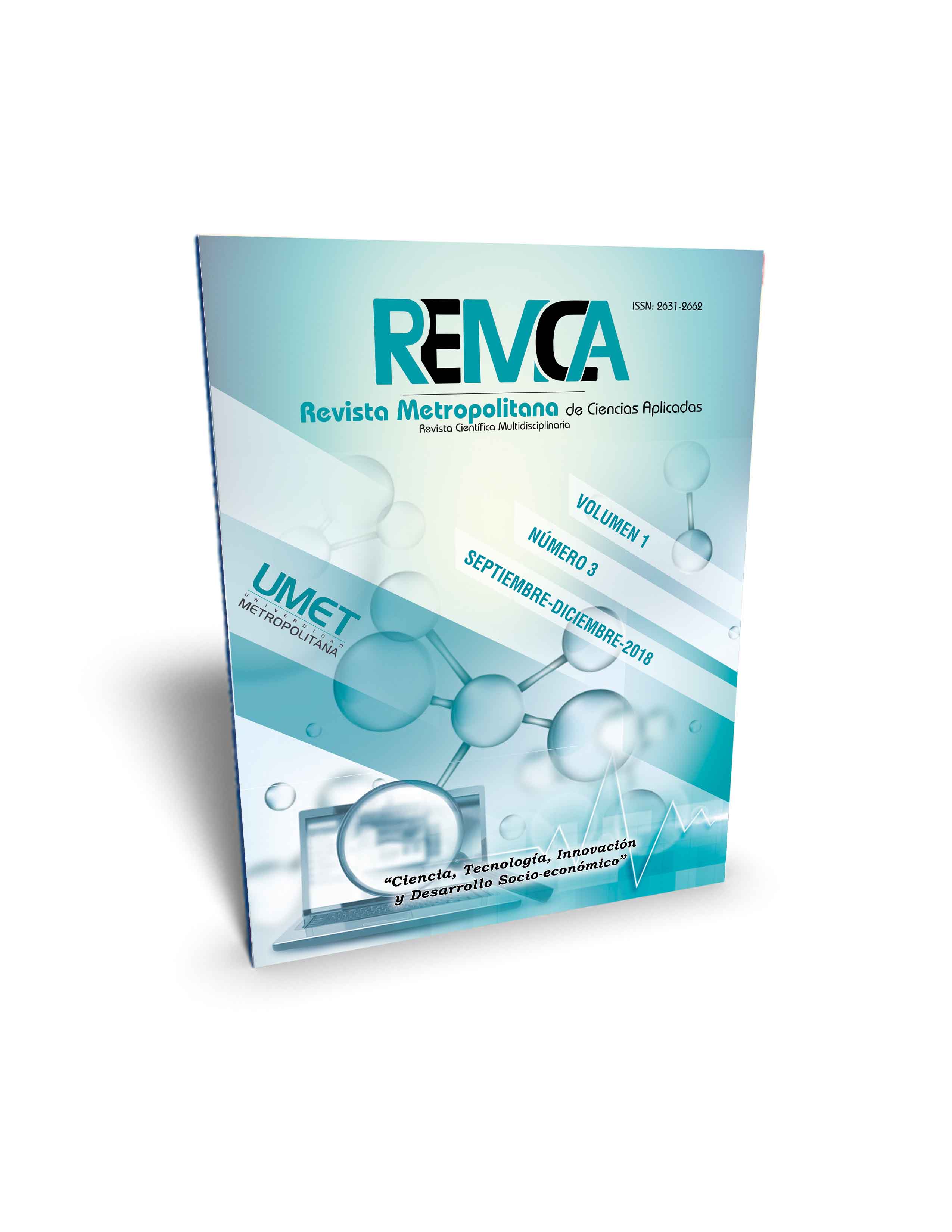Proposal of didactic strategy for the development of mathematical competences in students of the basic secondary
DOI:
https://doi.org/10.62452/1msvsp74Keywords:
Education, Mathematics, strategy, didactics, mathematical competencesAbstract
This article focuses on the presentation of the didactic strategy proposal with stages and actions for the development of mathematical competences in the students of the Colombian Secondary School. A diagnosis of the current state of these is made in the teaching-learning process of the Mathematics; the theoretical foundations that sustain the strategy are exposed, as well as the three stages of its structure: planning, instrumentation and evaluation; with their respective actions, concluding with the results of its application.
Downloads
References
Ausubel, D. (1976). Psicología educativa. Un punto de vista cognoscitivo. México: Trillas.
Barrows, H. (1996). Problem-Based learning in medicine and beyond: A brief overview. En, L., Wilkerson y W. H., Gijselaers (eds) Bringing Problem-Based Learning to Higher Education: Theory and Practice.San Francisco: Jossey-Bass Publishers.
Bravo Estévez, M. (2002). Una Estrategia Didáctica Para La Enseñanza De Las Demostraciones Geométricas. Tesis doctoral. Oviedo: Universidad De Oviedo.
Brousseau, G. (1997). Los diferentes roles del maestro. Didáctica de las Matemáticas. Aportes y reflexiones. México: Paidos.
Colombia. Ministerio de Educación Nacional. (1998). Lineamientos Curriculares. Bogotá: MEN.
Colombia. Ministerio de Educación Nacional. (2006). Estándares Básicos De Competencias en Lenguaje, Matemática, Ciencias y Ciudadanas. Bogotá: MEN.
Colombia. Ministerio de Educación Nacional. (2017). Informe Académico. Guacarí: Institución Educativa Pedro Vicente Abadía.
Comisión Iberoamericana de la Calidad Educativa. (2018). Manual de estrategias didácticas. México: CICE.
De Armas Ramírez, N., Marimón Carranza, J., Guelmes Valdez, E., Rodríguez del Castillo, M., Rodríguez Palacios, A., & Lorences González, J. (2011). Los resultados científicos como aportes de la investigación educativa. (pp. 1-7). La Habana: Universidad Pedagógica “Félix Varela”. Centro de Ciencias e Investigaciones Pedagógicas.
Galperin, P. (1995). Teoría de la formación por etapas de las acciones mentales. Moscú: MGY.
Illesca Pretty, M. (2012). Aprendizaje basado en problemas y competencias genéricas: concepciones de los estudiantes de enfermería de la Universidad de la Frontera, Temuco Chile. Tesis doctoral. Lleida: Universitat de Lleida.
Lara Barragán, A. (2016). Desarrollo y aplicación de una estrategia didáctica para la integración del conocimiento a la enseñanza de la física en ingeniería. Innovación educativa, 16(71), 133-155. Recuperado de http://www.scielo.org.mx/scielo.php?script=sci_arttext&pid=S1665-26732016000200133&lng=es&tlng=es
León González, J. L. (2011). Estrategia Didáctica Para El Desarrollo De Habilidades Geométricas En El Primer Ciclo De La Educación Primaria. Tesis doctoral. Cienfuegos: Universidad de Ciencias Pedagógicas Conrado Benítez García.
National Council of Teachers of Mathematics. (2000). Executive Summary, Principles and Standards for School Mathematics. Recuperado de http://www.nctm.org/uploadedFiles/Math_Standards/12752_exec_pssm.pdf
Perkins, D., Simmons, R., & Tishman, S. (1990). Teaching cognitive and metacognitive strategies. Journal of Structural leraning, 10(4), 285-292.
Downloads
Published
Issue
Section
License
Copyright (c) 2018 Fabio Gómez Moreno (Autor/a)

This work is licensed under a Creative Commons Attribution-NonCommercial-ShareAlike 4.0 International License.
Authors who publish in Revista Metropolitana de Ciencias Aplicadas (REMCA), agree to the following terms:
1. Copyright
Authors retain unrestricted copyright to their work. Authors grant the journal the right of first publication. To this end, they assign the journal non-exclusive exploitation rights (reproduction, distribution, public communication, and transformation). Authors may enter into additional agreements for the non-exclusive distribution of the version of the work published in the journal, provided that acknowledgment of its initial publication in this journal is given.
© The authors.
2. License
The articles are published in the journal under the Creative Commons Attribution-NonCommercial-ShareAlike 4.0 International License (CC BY-NC-SA 4.0). The terms can be found at: https://creativecommons.org/licenses/by-nc-sa/4.0/deed.en
This license allows:
- Sharing: Copying and redistributing the material in any medium or format.
- Adapting: Remixing, transforming, and building upon the material.
Under the following terms:
- Attribution: You must give appropriate credit, provide a link to the license, and indicate if any changes were made. You may do this in any reasonable manner, but not in any way that suggests the licensor endorses or sponsors your use.
- NonCommercial: You may not use the material for commercial purposes.
- ShareAlike: If you remix, transform, or build upon the material, you must distribute your creation under the same license as the original work.
There are no additional restrictions. You may not apply legal terms or technological measures that legally restrict others from doing anything the license permits.




